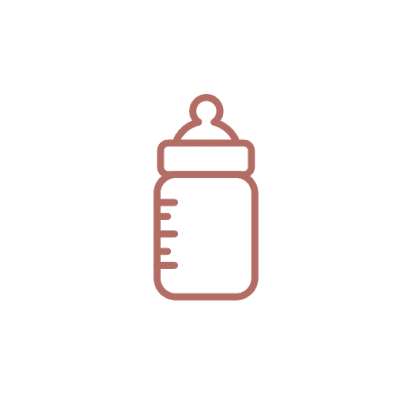Gestational diabetes is a temporary condition that occurs when a pregnant mum has high levels of glucose in her blood, and can’t produce enough insulin to manage it. When you’re pregnant, your insulin needs are two to three times what your body normally requires. Not making enough insulin to meet what your pregnant body needs means you’ll have high blood sugar (hyperglycaemia). Gestational diabetes can cause problems for yourself and your baby, so it’s important that it’s diagnosed and controlled if you do have it.
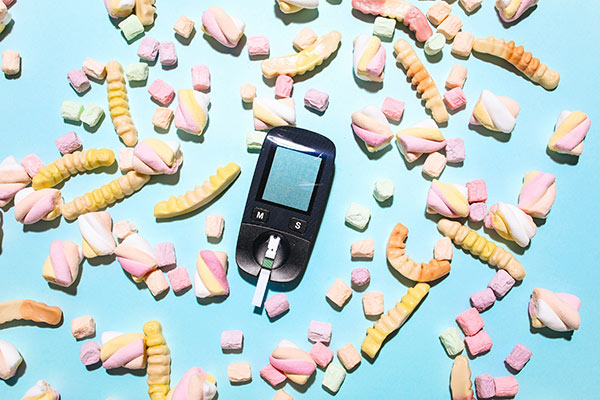
How do I know if I’m at risk for gestational diabetes?
Some mums-to-be are more at risk for gestational diabetes than others. Here are some of the risk factors to be aware of:
- A family history of diabetes, or previously having gestational diabetes yourself
- Being overweight, or gaining a lot of weight during pregnancy
- Being over age 30
- Previously having a large baby (over 4-4.5kg at birth)
- Having difficulties with previous pregnancies, including miscarriage or baby loss
- Having polycystic ovarian syndrome (PCOS)
- Mums-to-be with certain ethnic backgrounds can also be more prone to developing gestational diabetes
How do they diagnose gestational diabetes?
Gestational diabetes doesn’t usually show any symptoms, but if you are super thirsty, need to wee more often than usual, have a very dry mouth, or feel very fatigued, these may be signs of hyperglycaemia (your blood sugar getting too high). However, these are also pretty common pregnancy symptoms, so you might not realise they’re also signs of gestational diabetes. If you’re worried about any of these symptoms, talk to your LMC straightaway.
When you have your antenatal blood tests before 20 weeks of pregnancy, you’ll be screened for “glycated haemoglobin” (HbA1c). Depending on what levels the blood tests show, you will either be given advice on how to manage gestational diabetes, or you may be considered to be prediabetic or to have a higher risk of developing gestational diabetes. If this is the case, at 24-28 weeks of pregnancy, you may offered an oral glucose tolerance test or a polycose test, where you drink a premeasured amount of a sweet liquid and then your blood is tested after a certain time period. You may need to take this oral test, and/or further blood tests, more than once at different points in your pregnancy.
What do I need to do about it?
Most mums-to-be with gestational diabetes go on to have otherwise normal pregnancies. You’ll receive health advice on how to manage it, including dietary, lifestyle, and exercise advice. You may need to check your blood sugar using a finger-prick device, and may also need to take special medication. You’ll be more closely monitored during your pregnancy to check for any potential problems, and it’s recommended that you give birth before 41 weeks – earlier delivery might be recommended if there are any concerns about your or your baby’s health. But you will get personalised advice from your LMC about your particular circumstances, and you should talk to them if you have any concerns.
What happens after my baby is born?
Fortunately, gestational diabetes usually goes away after your baby arrives. You’ll need to monitor your blood sugar levels for 24 hours after your baby’s birth to ensure you don’t have hyperglycaemia, and your baby’s blood sugar levels will be checked within an hour or two of birth for neonatal hypoglycaemia. But generally you should be able to stop treatment when your baby arrives.
You’ll need to have a blood test at three months postpartum to check that it’s gone. If your result is normal, you should have a HbA1c test every year, as you have a lifelong risk of developing type 2 diabetes. You need to keep being tested even if you feel okay, as you can have diabetes without having obvious symptoms.
Some mums may continue to have diabetes and need to keep going with treatment after pregnancy.
Will I get gestational diabetes if I get pregnant again?
You do have an increased risk of getting gestational diabetes again. Ideally, before you get pregnant again, you should talk to your GP and let them know you had gestational diabetes in your previous pregnancy so that they can help you prepare. You might need to have testing earlier in your pregnancy or monitor your blood sugar levels using a finger-pricking device from when you learn you’re pregnant.
For more info and advice
– You may also like –
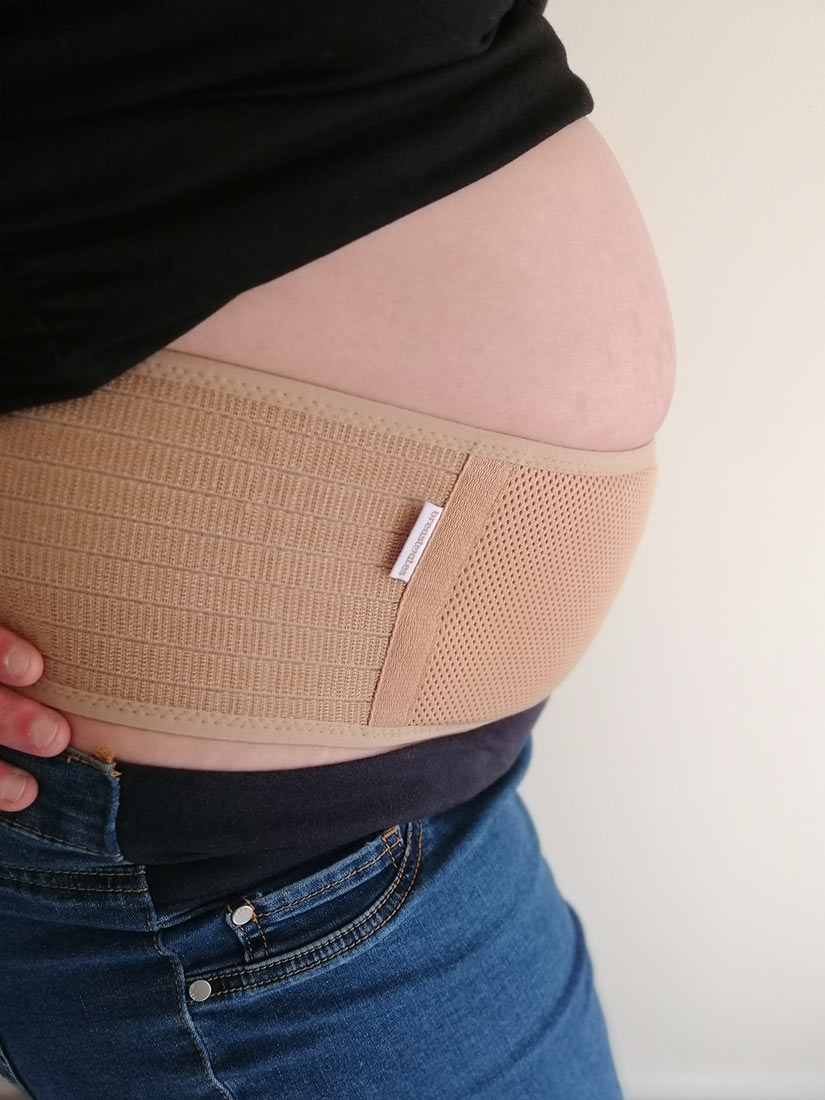 |
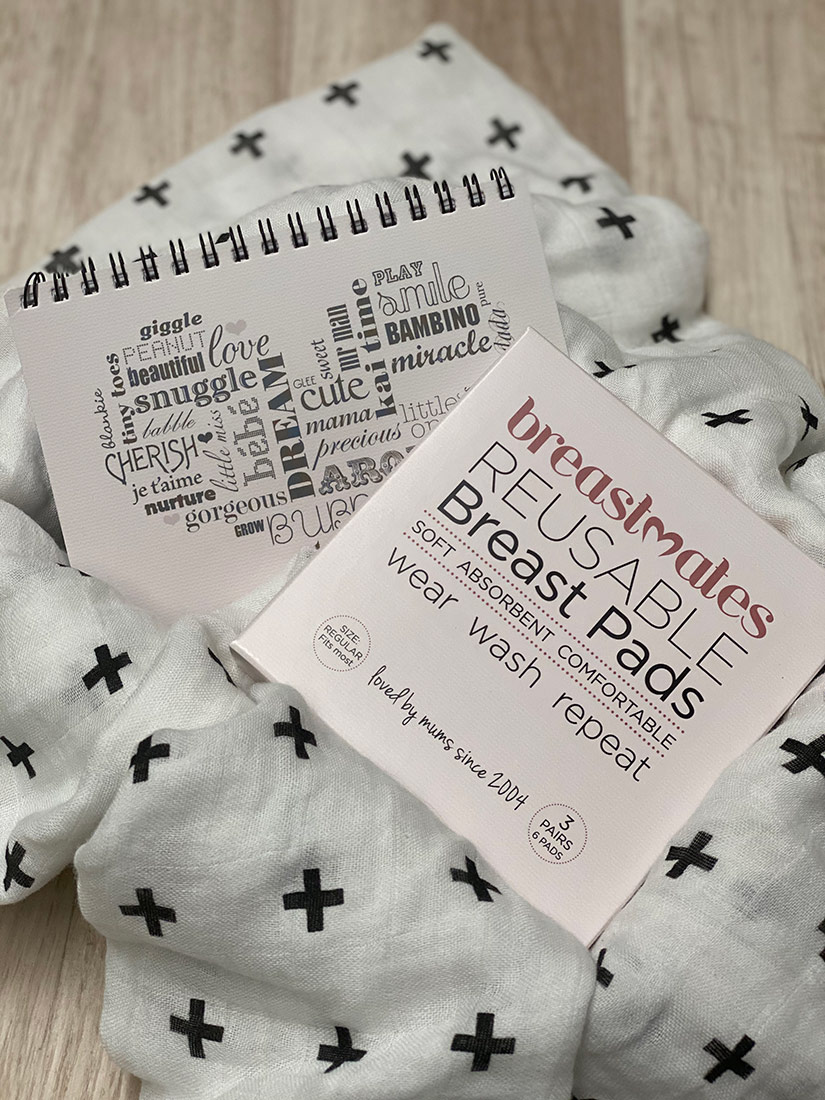
|
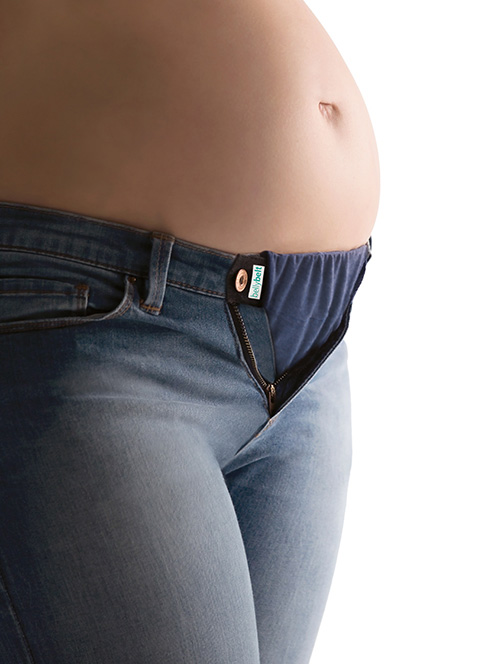 |


